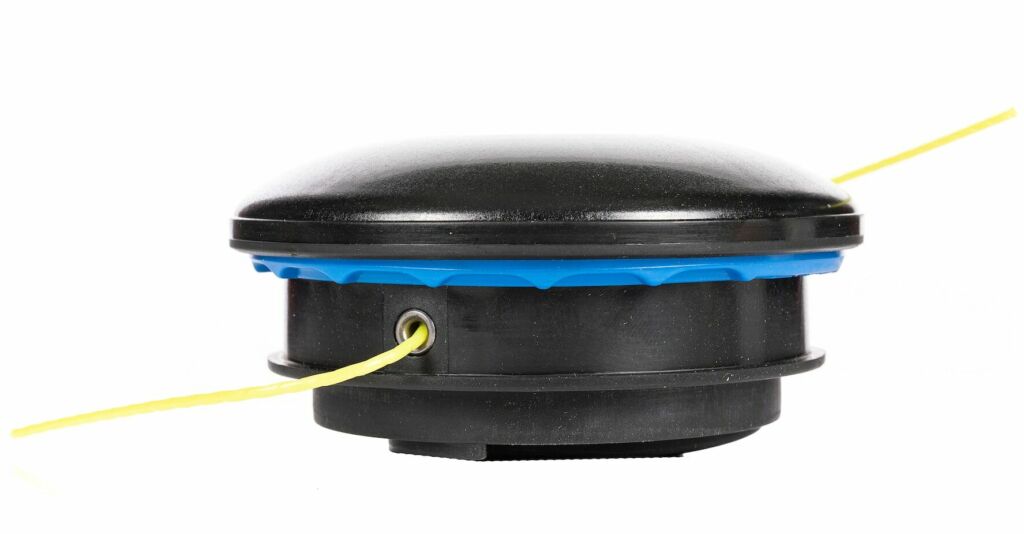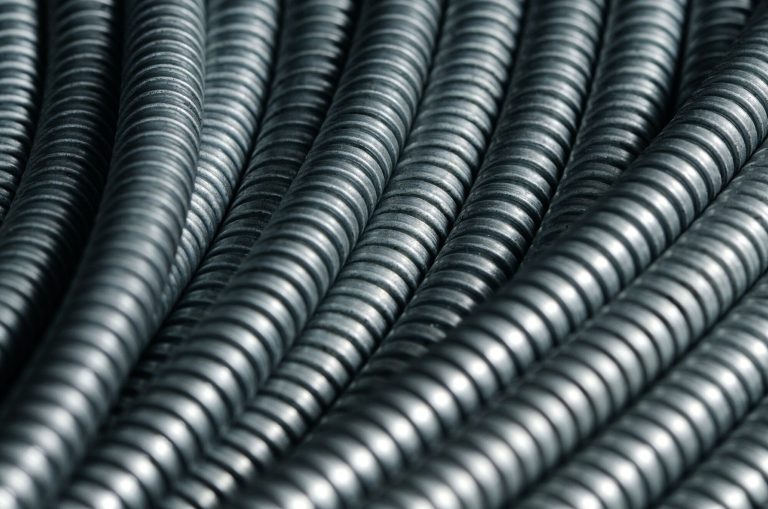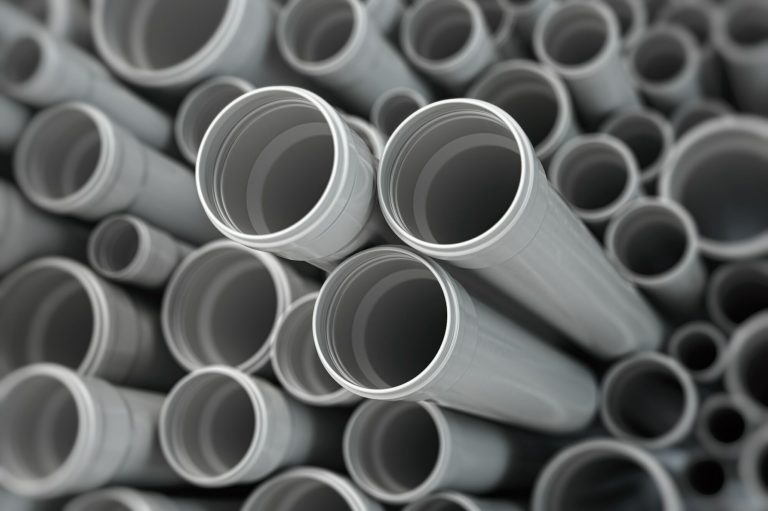Nylene – Specialty Polymers
Nylon Polymer & Copolymer for Monofilament
Nylon Polymer & Copolymer for Monofilament

Nylon Solutions for Trimmerline
Nylon 6, Nylon 666, and Nylon 669 are excellent options for your monofilament requirements, each with its own distinct advantages.
- Nylon 6: Smaller Diameters, Reliable Performance
Nylon 6 is an excellent option for applications requiring smaller diameter monofilaments, such as chain store lines. While it offers satisfactory performance and durability, it is important to note that its smaller diameters may result in slightly lower performance compared to other nylon variants. - Nylon 666: Superior Performance Across All Diameters, Cost-effective Copolymer
Nylon 666 stands out as a versatile nylon variant that delivers improved performance across all diameters. It serves as a cost-effective copolymer option for various monofilament applications. Whether you need thin or thick monofilaments, Nylon 666 ensures optimal performance while maintaining affordability. - Nylon 6,69: Unparalleled Performance, Best in Practice Standard
For the highest standards of performance and quality, Nylon 6,69 is the epitome of excellence. Suitable for monofilaments of all diameters, Nylon 669 exhibits exceptional strength, toughness, and durability. It guarantees reliable performance even in the most demanding monofilament applications.
Nylon for Fishing Line, Rope, and Non-woven Fabric
- Nylon 6: Greater Tensile Strength for Fishing Lines and Ropes:
Nylon 6 is known for its exceptional tensile strength, making it an excellent choice for fishing lines and ropes. Its superior strength ensures reliable performance even in demanding conditions. Nylon 6 monofilaments can withstand the high tension and stress of fishing activities, providing durability and resilience when it matters most. - Nylon Copolymers: Stiffness and Wear Resistance:
Nylon copolymers offer unique characteristics that make them suitable for specific monofilament applications. These copolymers have a stiffer structure and lower elasticity compared to pure nylon, resulting in reduced flexibility. This stiffness is advantageous in applications requiring rigidity, such as certain types of ropes.
Notable Benefits of Nylon Copolymer
- Lower coefficient of friction: Nylon copolymers have reduced friction against themselves and other materials, leading to slower wear and improved durability.
- Enhanced wear resistance: The inherent properties of nylon copolymers ensure that monofilaments maintain their performance and longevity over time, making them a reliable choice for various applications.
Advantages of Nylon Polymers & Copolymers for Monofilament Applications
Unmatched Durability
Nylene nylon polymers and copolymers are renowned for their exceptional durability, ensuring long-lasting performance even in harsh environments.
Superior Strength
Our nylon materials possess impressive tensile strength, making them highly resistant to the demanding requirements of monofilament applications. They provide strength and reliability in every use.
Exceptional Abrasion Resistance
Nylene nylon demonstrates excellent resistance to abrasion, ensuring longevity and reliability in challenging conditions. This translates to extended service life and reduced maintenance.
Moisture Resistance
With inherent moisture resistance, Nylene nylon maintains its performance and structural integrity even when exposed to moisture or damp environments. This makes it ideal for outdoor and water-related applications.
Tailored Solutions for Your Monofilament Applications
We recognize that every monofilament application comes with its own set of specific requirements. That's why our team of experienced experts is dedicated to working closely with you, ensuring that we provide customized solutions that precisely match your needs.
Customized Viscosity for Optimal Performance
Viscosity plays a crucial role in the performance of monofilament applications. Different applications demand varying levels of viscosity to achieve optimal results. Our experts analyze your requirements and recommend the ideal viscosity range for your specific application. By customizing the viscosity of our nylon materials, we ensure that your monofilaments perform flawlessly, offering the desired characteristics and functionality.
Copolymer Percentage for Enhanced Flexibility
Flexibility is a critical aspect of many monofilament applications. To meet the specific flexibility requirements of your project, we carefully determine the appropriate copolymer percentage for your nylon materials. By adjusting the copolymer content, we enhance the flexibility of the monofilaments, allowing them to bend, stretch, and adapt to the demands of your application. Our goal is to provide you with monofilaments that deliver superior performance and meet your exact specifications.
Melt Point Optimization for Temperature Resistance
Monofilament applications often encounter varying temperature conditions. It is essential to ensure that the nylon materials used can withstand the expected temperature ranges without compromising their structural integrity. Our team meticulously considers the melt point requirements of your application and optimizes the composition of our nylon polymers and copolymers accordingly. This careful attention guarantees that your monofilaments maintain their performance and mechanical properties even under challenging temperature conditions.
Product Recommendations
Nylene PAC990-140U - Nylene PAC9-140U is a high viscosity copolymer of nylon 6 and 6,9.
- PAC9-140U has many of the properties desirable in nylon 6 coupled with the advantages of a copolymer, which include lower processing temperatures.
Nylene PAC900-120UNL - Nylene PAC900-120UNL is a high viscosity copolymer of nylon 6 and 6,9.
- PAC900-120UNL has many of the properties desirable in nylon 6 coupled with the advantages of a copolymer, which include lower processing temperatures.
Nylene PAC900-120U - Nylene PAC900-120U is a high viscosity copolymer of nylon 6 and 6,9.
- PAC900-120U has many of the properties desirable in nylon 6 coupled with the advantages of a copolymer, which include lower processing temperatures.
Nylene CX3492 - Nylene® CX3492 is a high viscosity, plasticized, nylon 6/69.
- Nylene® CX3492 was designed for extrusion applications especially monofilament.
Nylene CP41321U - Nylene® CP41321U is a nylon copolymer.
- Nylene CP41321U has many of the properties desirable in nylon such as toughness, chemical resistance and strength coupled with the advantages of a copolymer.
- These advantages include high elongation, good clarity and flexibility, and lower processing temperatures.
- CP41321U is unextracted, utilizing the monomer as a plasticizer for increased flexibility.



